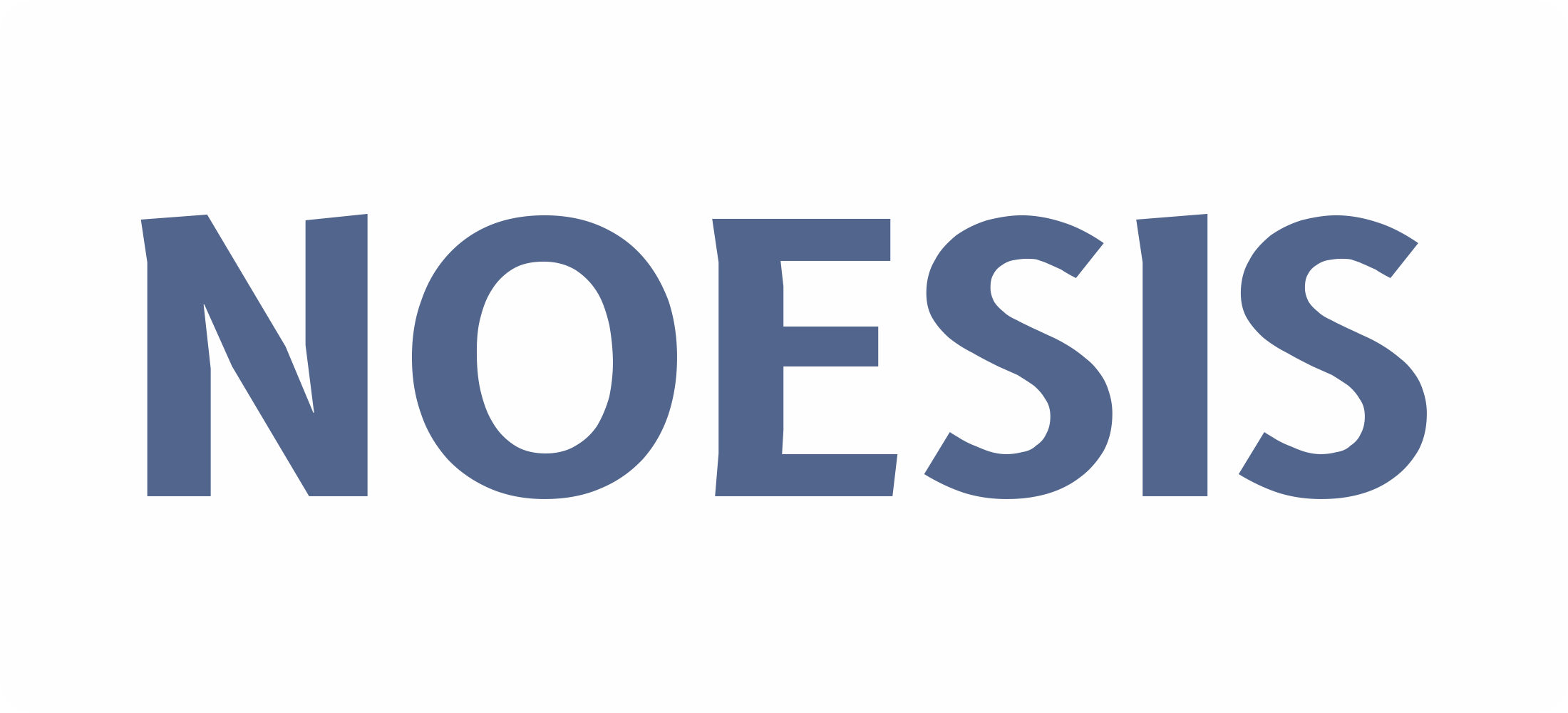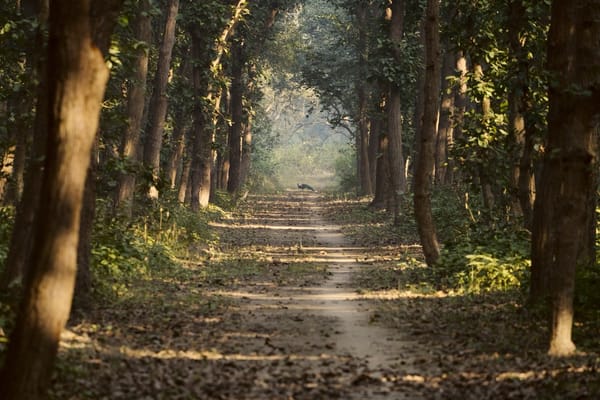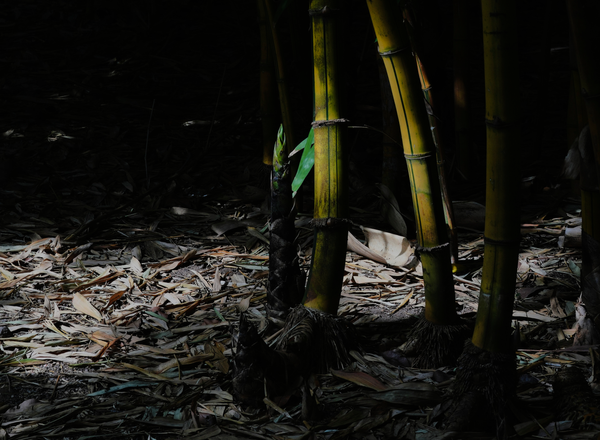On Temporal Sync with Nature and Processing Complexity
I want to start by sharing a story. This story is set in the school which I started and where I teach. A couple of months ago our second grade students started a science project. The project was to study the life cycle of a plant. Kids had established some hypotheses concerning what plants need in order to grow and flourish, things like water and soil and sunlight. So they went about testing the hypothesis they had made. They made 3 small plant pots and placed each one in a different location. One in the sunlight, one in a dark room and one in the refrigerator. The refrigerator happens to be in our dining area where I go for lunch every day with kids and teachers. Every day the kids would go to the refrigerator take out the plant and observe then put it back in. This happened on one, two, three, four days. Every day the same routine — open the fridge, observe plant, put it back in. On the fifth day I could not resist my curiosity, so I asked the kids, “What’s the observation? What do you expect to happen?” And one of the girls says, ”The plant is supposed to die, but it’s not dying!” I saw the plant and it was immediately clear that the little plant was clearly not enjoying its time in the refrigerator. What I was curious about was what mental model they had in their mind about the concept of dying of a plant. What did they expect to see? What would have happened to the plant? I asked whether the plant would have disappeared? Would it have started drooping or changing its colour? When would something start happening? Then I realised that they had not thought about it. What does it mean to die for this plant. Does the stopping of growing count as death. The plant changing color into black or brown still exists in the world.
This incident galvanized a belief that I had since a long time but particularly since I started the school and started teaching. How we have been fed the idea of change, rapid change. Norwegian philosopher Guttorm Floistad wrote that the only thing for certain is that everything changes. The rate of change increases. If you want to hang on you better speed up. That is the message of today. But it’s useful remind everyone that our basic needs never change. The need to be seen and appreciated. The need to belong. The need for nearness and care and love. This is given only through slowness, reflection and togetherness. There we will find real renewal. For kids and adults to really experience this slowness, reflection and togetherness they need to have the temporal sense of nature. Change is seen as a momentary and a certain event. We rarely have the experience of the transient and slow. To bring awareness of slowness of nature we started a Horticulture program at our school. Nothing is instantaneous about gardening and growing. It takes days for seeds to germinate, weeks to mature and fruit. Kids having planted their own vegetables and grains have to wait, observe, nurture. We want our kids to acquire scientific understanding, growing closer to nature, appreciating labour. But also get a sense of the time scales of the natural world. To be in temporal sync with nature. Our society, powered by today’s technology, lives by support of instantaneous tools. To be really in sync with oneself and nature is to understand and experience the time scale of nature around us. To be able to pause, observe, think and reflect. Our society and education system favours the completion of concepts over understanding of ideas. We confuse faster with better and efficiency with effectiveness.
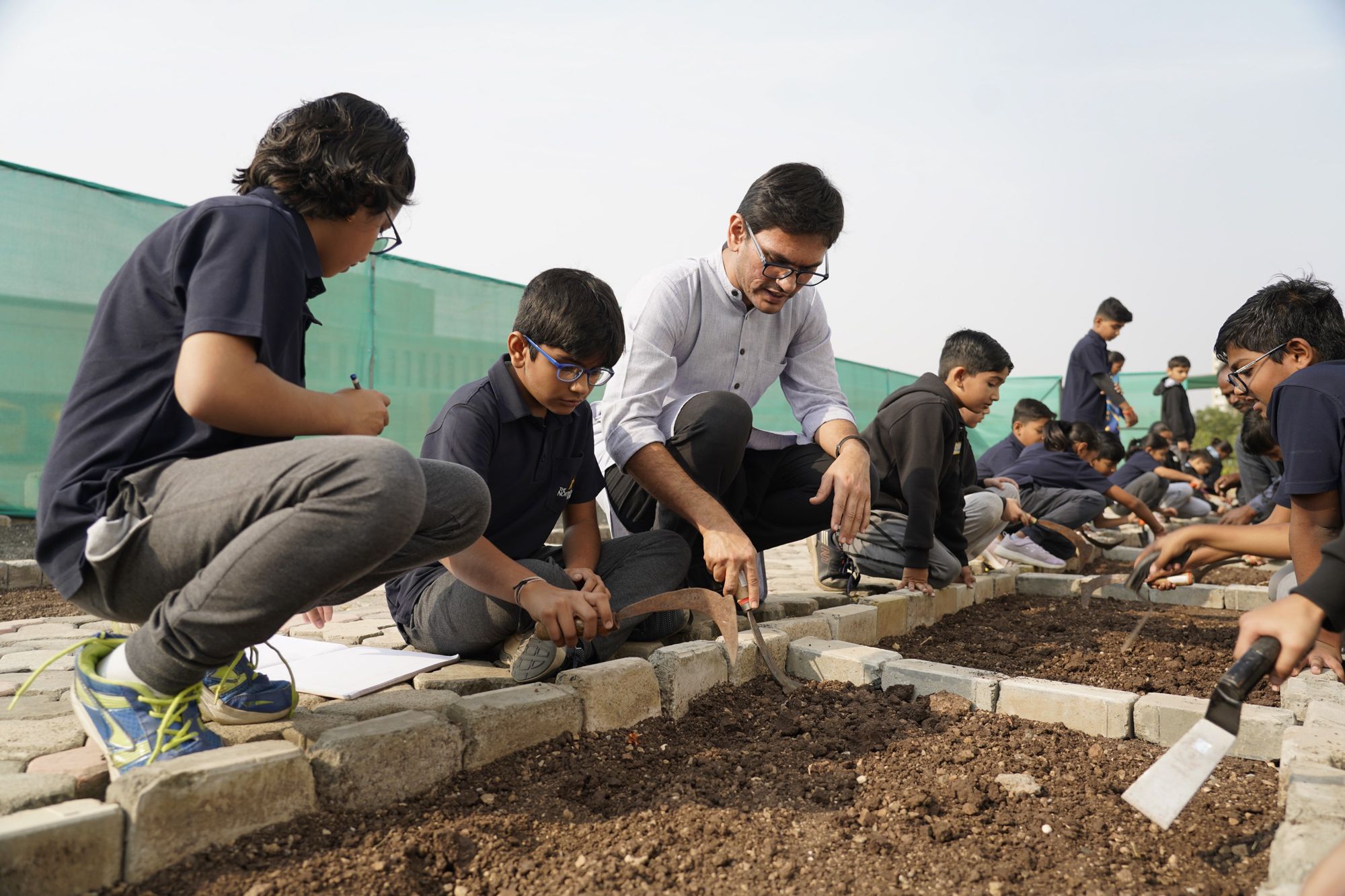
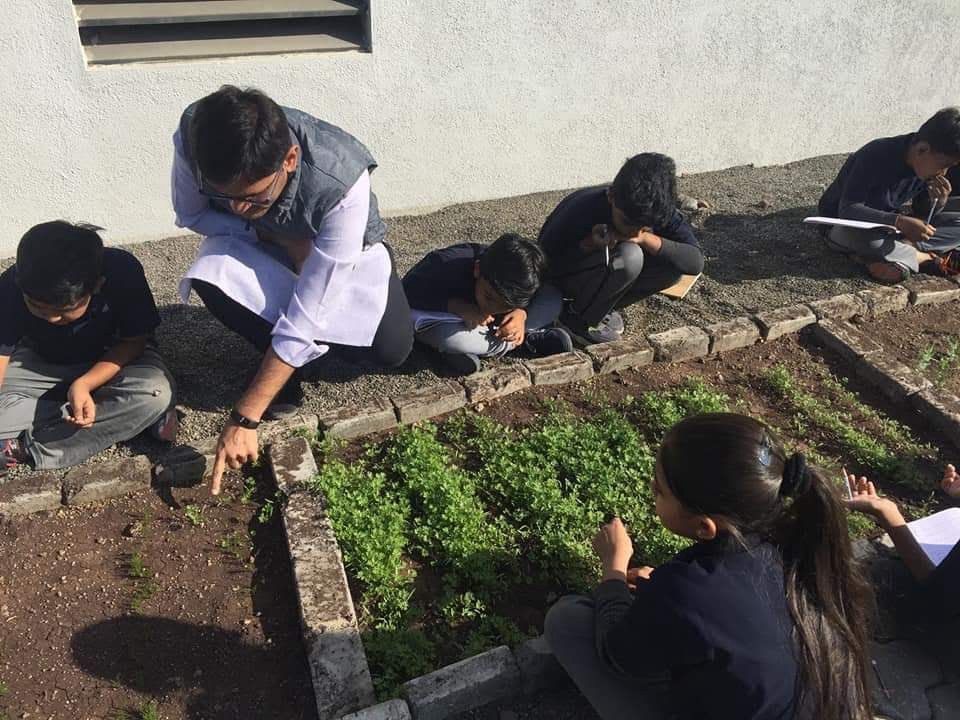
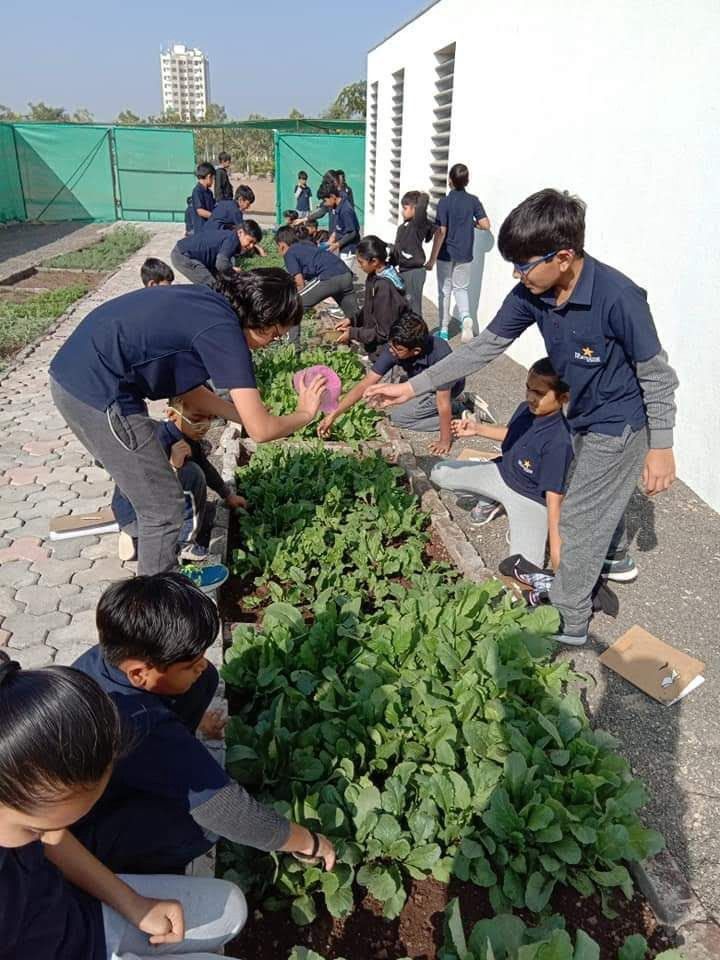
The other thing that seems reflective of our times is our inability to hold complex thoughts in our heads and process complexity with critical and authentic approaches. We are habituated with offloading our cognitive work to devices. While I do understand and support the offloading of complex mathematical operation to a calculator or reminding me of my meeting to the intelligent smartphone, the problem arises when we and particularly our kids extend the offloading habit to more complex and decidedly humane matters. We start relying on others to do our thinking for us. We are inundated with information, some true, some fake, some biased and some objective. But we have not given our kids the approaches and tools by which to strengthen their minds so that they don’t have to offload their own thinking, and they can appraise issues for themselves. Hermann Hesse said that we live in the Age of Digest. And not in a complementary way.
In the hope to address the above issue and to strengthen our minds we started a philosophy program in our school. The word philosophy and school hardly go together and expectedly so. We associate philosophy with something that is difficult and something that people do when there is not much to do of practical value. Moreover, school kids are not expected to be intellectually mature enough to grasp and participate in philosophical analysis. Our philosophy program called “Noesis” is a community dedicated to liberal education with the goal being the pursuit of fundamental knowledge and unifying ideas. We study great works of art, particularly the written word, that are both timeless and timely. When a great book is read as a community it brings us closer and develops shared understanding. I need to clarify here on the kinds of works that we read and discuss. I am not talking about new-age motivational or self-help works masquerading as philosophy. We strictly avoid inauthentic profundity. We do no patronize kids by lowering intellectual demands rather we create appropriate scaffolds. We study great works of the world from ancient Greeks like Socrates and Plato to modern masters like Hume and Nietzsche. We also take great literary works of ancient India and the East to western greats like Dostoevsky and LeGuin. We read seminal works which present complex and authentic ideas. We learn to grapple with them. The process of understanding and searching for answers is important than the answer itself. Now, more than ever, we need our kids and by extension our society to read, discuss and inquire into the great ideas of the world. So that they can apply thought not in an abstract void but in the everyday circumstances of their lives. The great John Dewey said that no attempt at social reform through education system can be successful if the society does not accept it. If the society does not wish to be changed, the education system cannot change it.
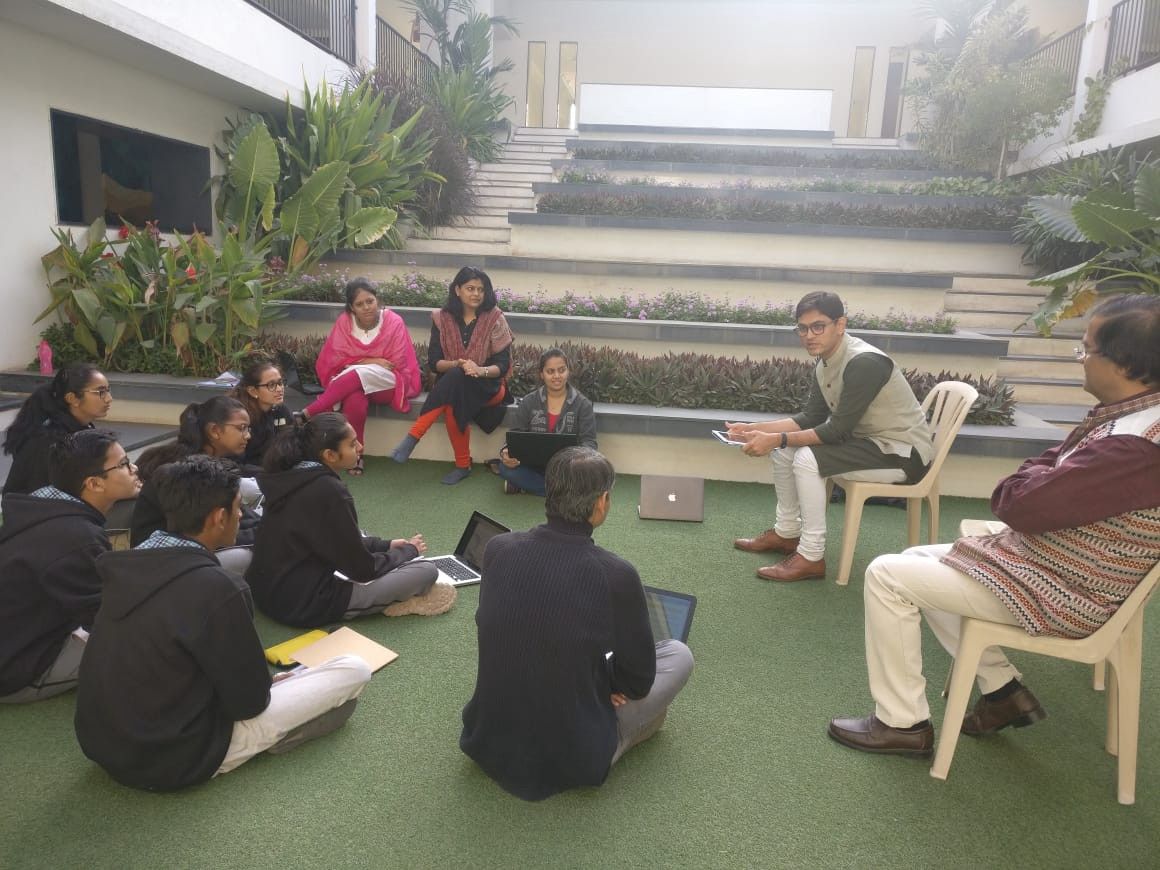
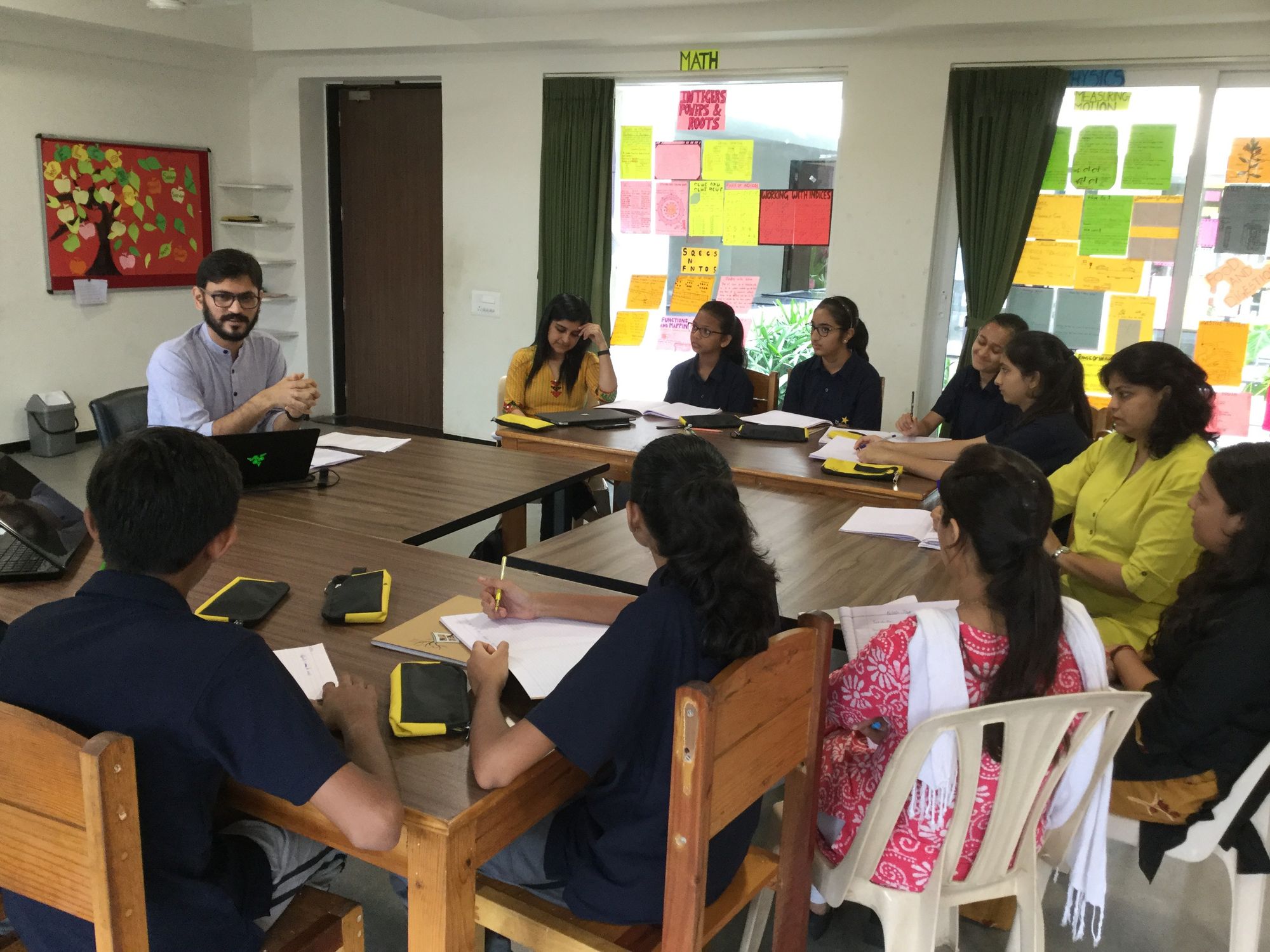
I would like to conclude by saying that we need our kids to be able to find their place in our community and in the world but not in contradiction to our environment. We need to come face to face with nature if we are ever going to truly find harmony with it. In the same vein coming face to face with others and holding complex ideas and an ability to grasp it using our own wit and wisdom will make our world a better place to live for us, for our kids and for the nature around us.
